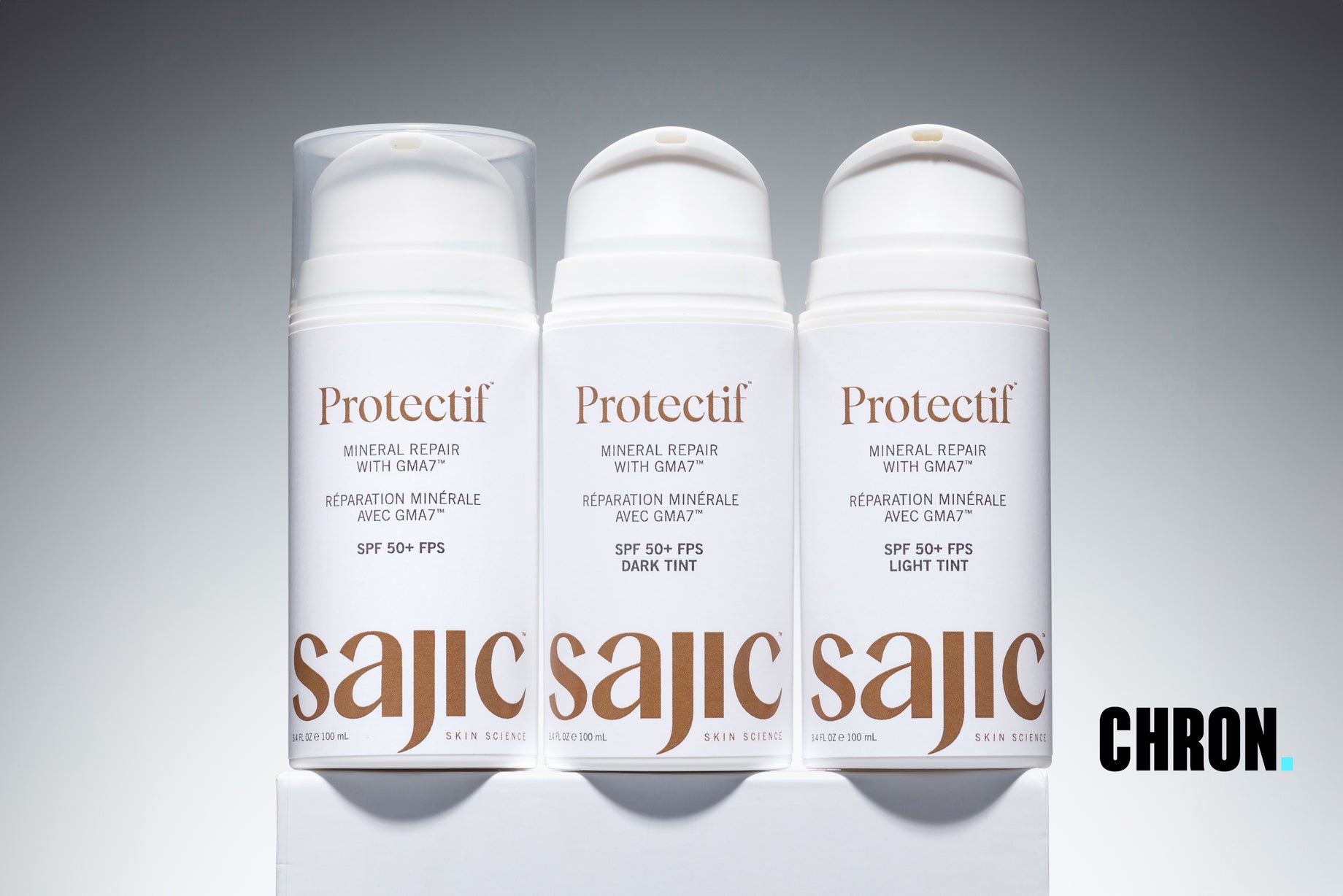MELATONIN, BAKUCHIOL SHOWN TO MODULATE GENE EXPRESSION AND RESTORE HYPOXIA-INDUCIBLE FACTOR 1 SIGNALING IN UV-EXPOSED SKIN
WHAT THE ARTICLE SAYS:
Chronic exposure to solar ultraviolet (uv) radiation induces changes to the expression profiles of hundreds of genes within the skin. The uv stress-induced changes in gene expression of skin cells alters the skin’s structure, function, and appearance. In this study, bakuchiol (in association with ascorbyl tetraisopalmitate and melatonin) modulated the expression of collagen biosynthesis, angiogenesis, skin barrier function and cellular metabolism.
WHY THAT IS IMPORTANT:
Bakuchiol has been implicated in regulating uv-induced changes in genetic expression profiles within the skin. In regulating the uv-induced changes, bakuchiol has the effect of slowing down/reversing the signs of sun damage and photoaging. Bakuchiol alleviates the stress on the skin and allows the skin to function optimally, which translates to healthier looking skin.
Additionally, the study determined that the application of bakuchiol may increase the expression of collagen biosynthesis, which results in the increased elasticity in the skin. Collagen has been shown to be a key contributor to the youthful look of skin. Collagen:
- Gives the skin that bounce and surface tension;
- Is responsible for the plumpness of the skin at the cheeks; and,
- Is what makes the skin look young and vibrant.
Put another way – the loss of collagen within the skin has been implicated as the primary cause of age-related skin changes. Loss of collagen is directly correlated with skin sagging and wrinkling/pitting of the skin.
From derma research group’s own observational studies with exacne, a daily moisturizing and correcting cream containing bakuchiol, daily application dramatically reduced or eliminated the signs of sunspots, photo-aging, and wrinkles. After three weeks of daily application of exacne, the skin looks noticeably younger-looking, and vibrant.






